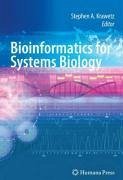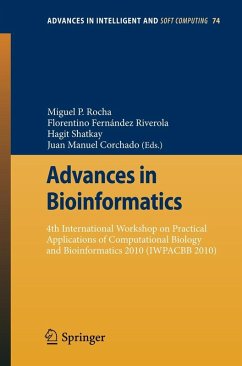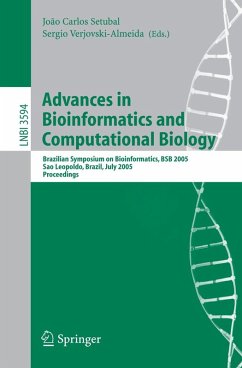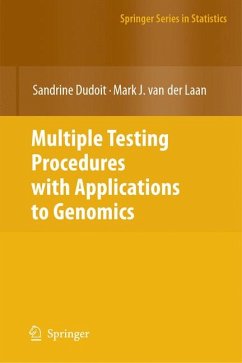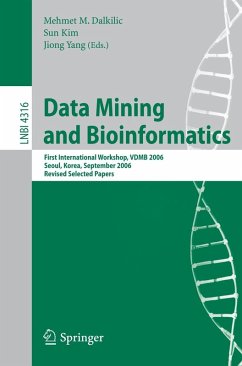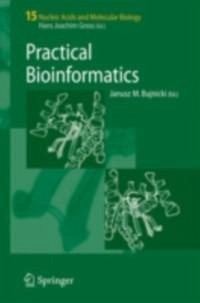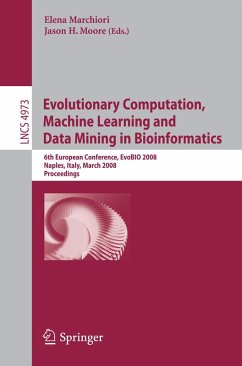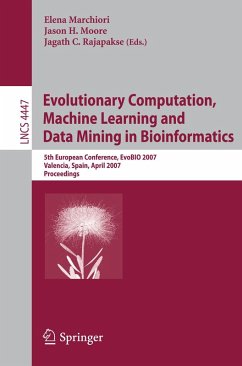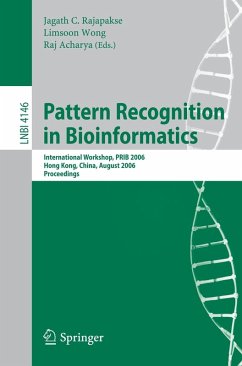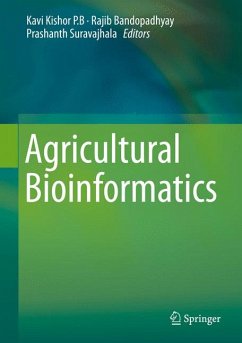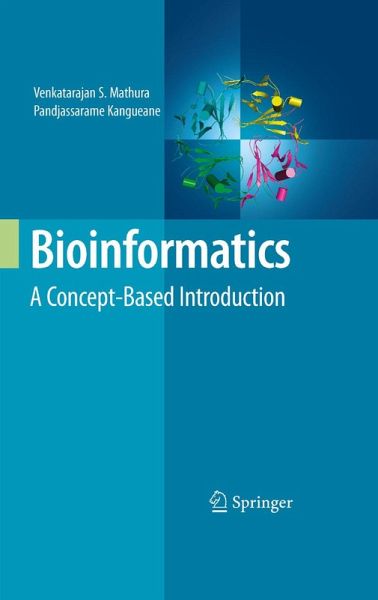
Bioinformatics (eBook, PDF)
A Concept-Based Introduction
Versandkostenfrei!
Sofort per Download lieferbar
40,95 €
inkl. MwSt.
Weitere Ausgaben:

PAYBACK Punkte
20 °P sammeln!
Bioinformatics is an evolving field that is gaining popularity due to genomics, proteomics and other high-throughput biological methods. The function of bioinformatic scientists includes biological data storage, retrieval and in silico analysis of the results from large-scale experiments. This requires a grasp of knowledge mining algorithms, a thorough understanding of biological knowledge base, and the logical relationship of entities that describe a process or the system. Bioinformatics researchers are required to be trained in multidisciplinary fields of biology, mathematics and computer sc...
Bioinformatics is an evolving field that is gaining popularity due to genomics, proteomics and other high-throughput biological methods. The function of bioinformatic scientists includes biological data storage, retrieval and in silico analysis of the results from large-scale experiments. This requires a grasp of knowledge mining algorithms, a thorough understanding of biological knowledge base, and the logical relationship of entities that describe a process or the system. Bioinformatics researchers are required to be trained in multidisciplinary fields of biology, mathematics and computer science. Currently the requirements are satisfied by ad hoc researchers who have specific skills in biology or mathematics/computer science. But the learning curve is steep and the time required to communicate using domain specific terms is becoming a major bottle neck in scientific productivity. This workbook provides hands-on experience which has been lacking for qualified bioinformatics researchers.
Dieser Download kann aus rechtlichen Gründen nur mit Rechnungsadresse in A, B, BG, CY, CZ, D, DK, EW, E, FIN, F, GR, HR, H, IRL, I, LT, L, LR, M, NL, PL, P, R, S, SLO, SK ausgeliefert werden.




